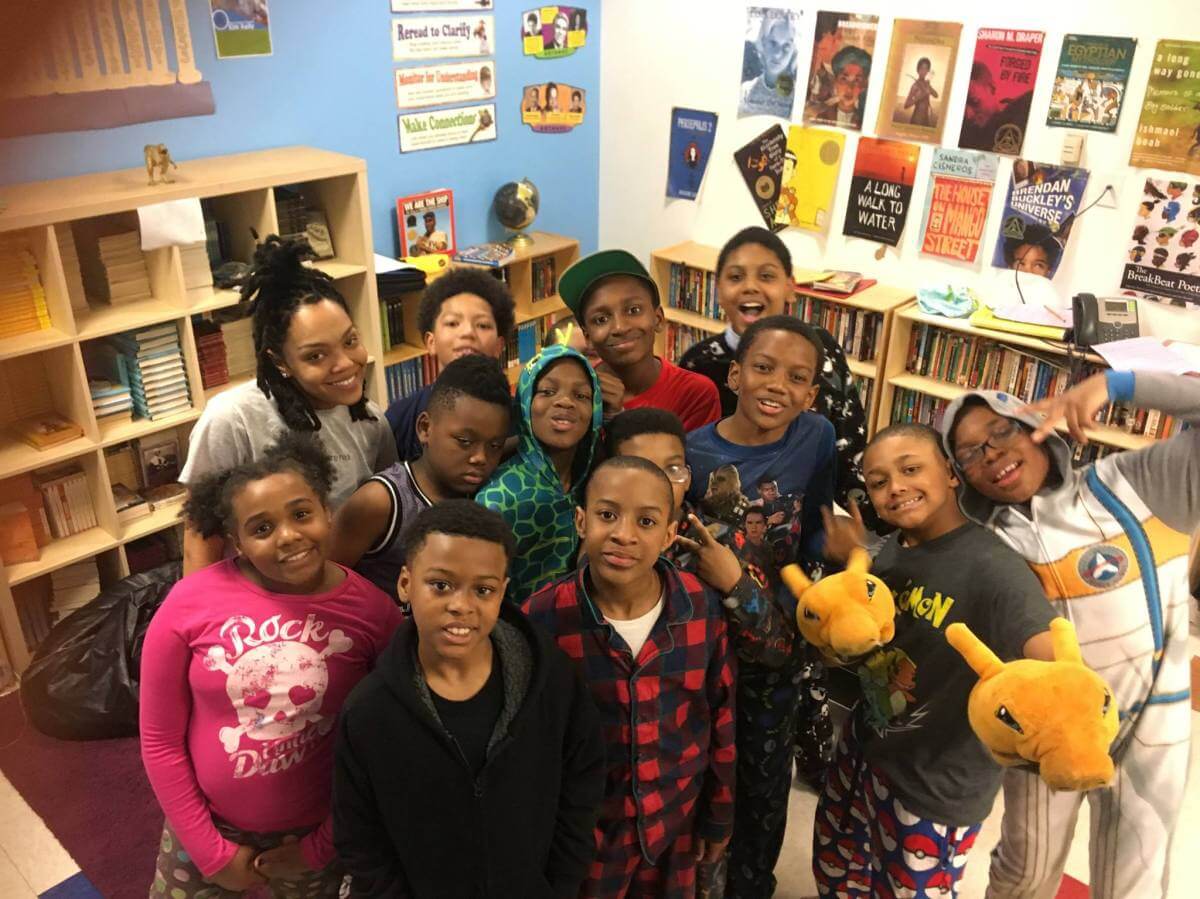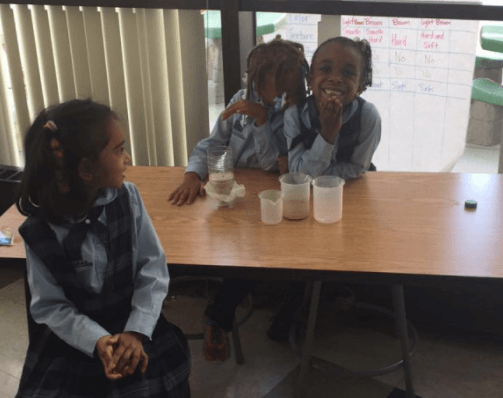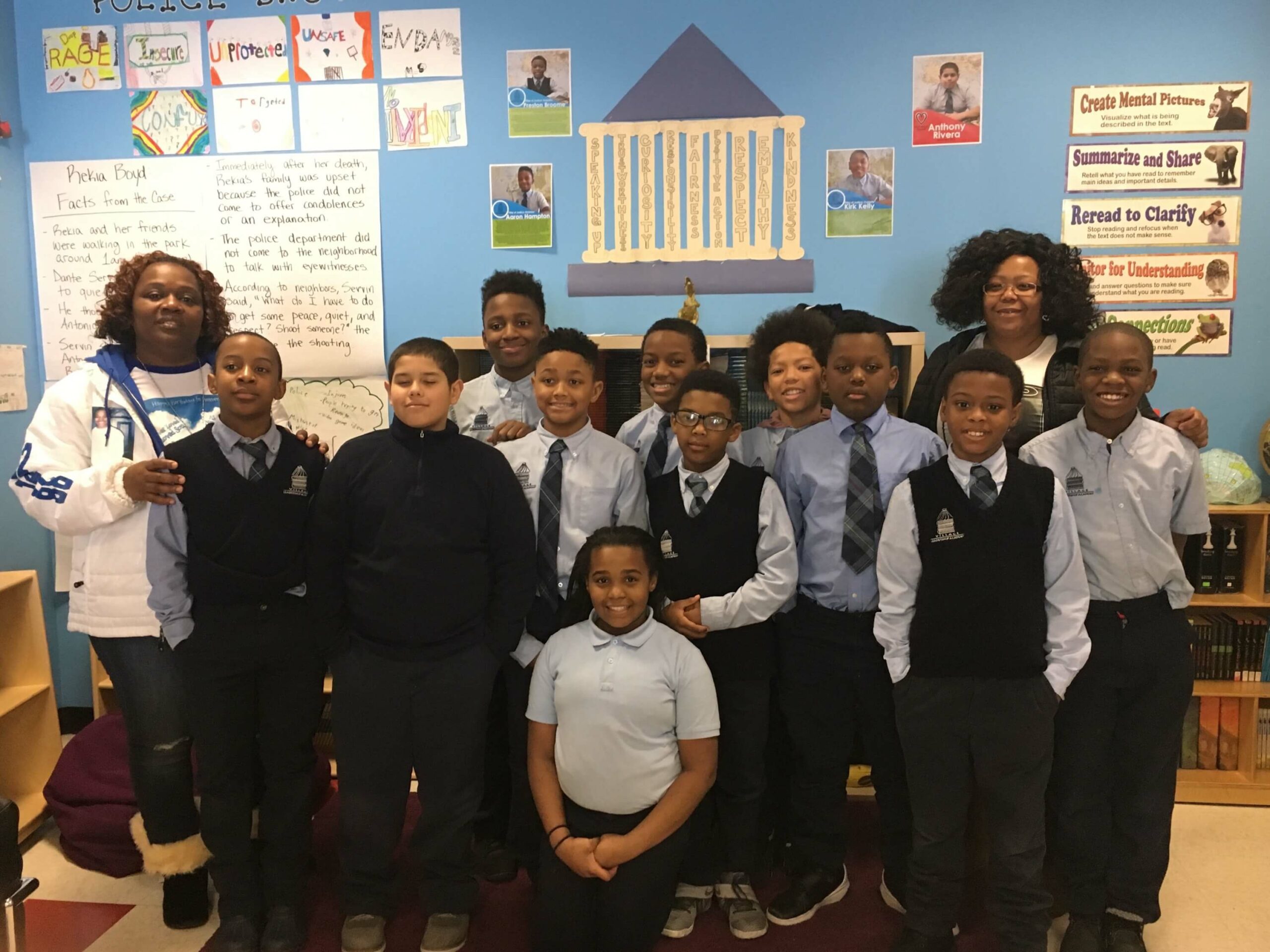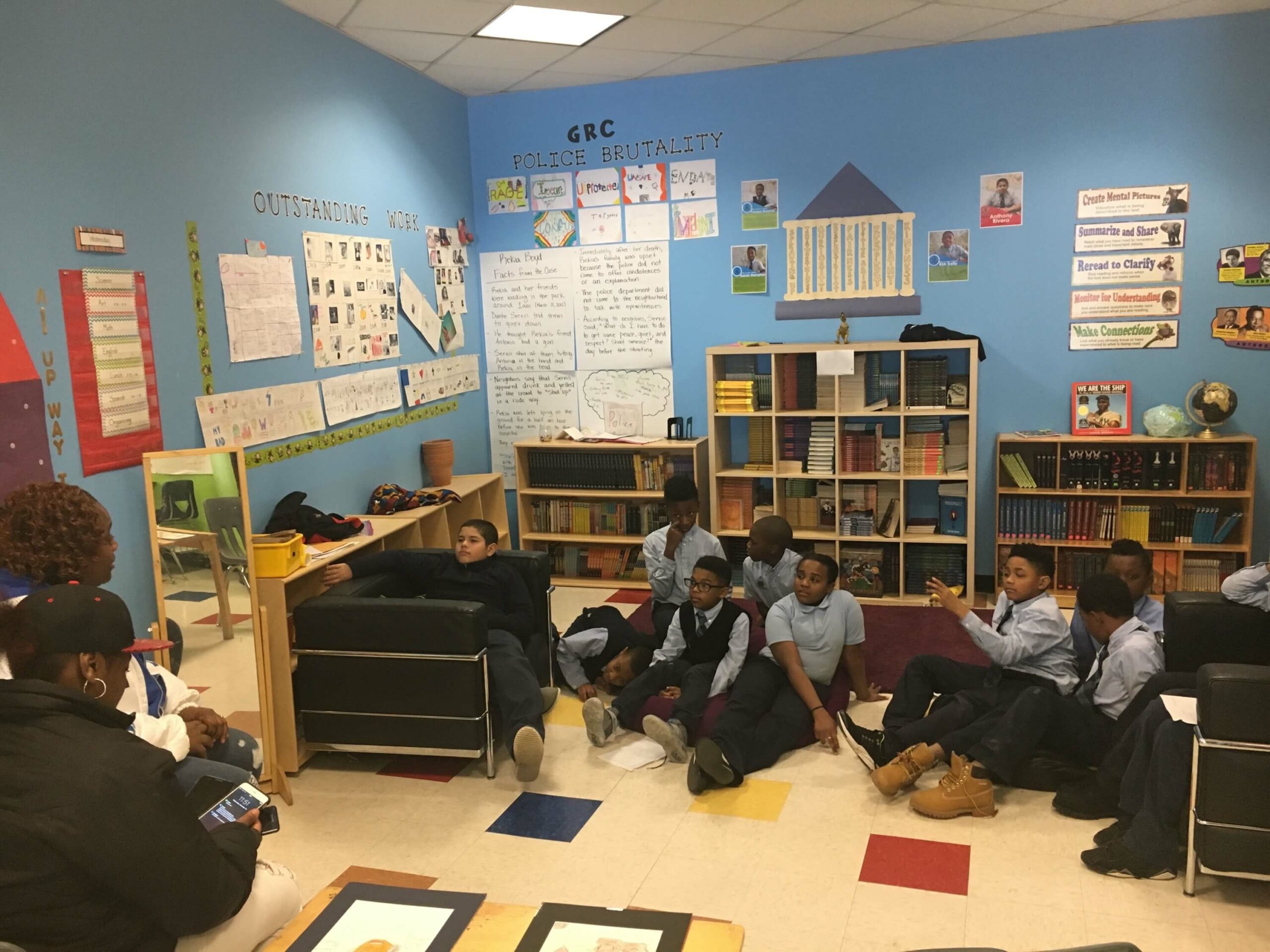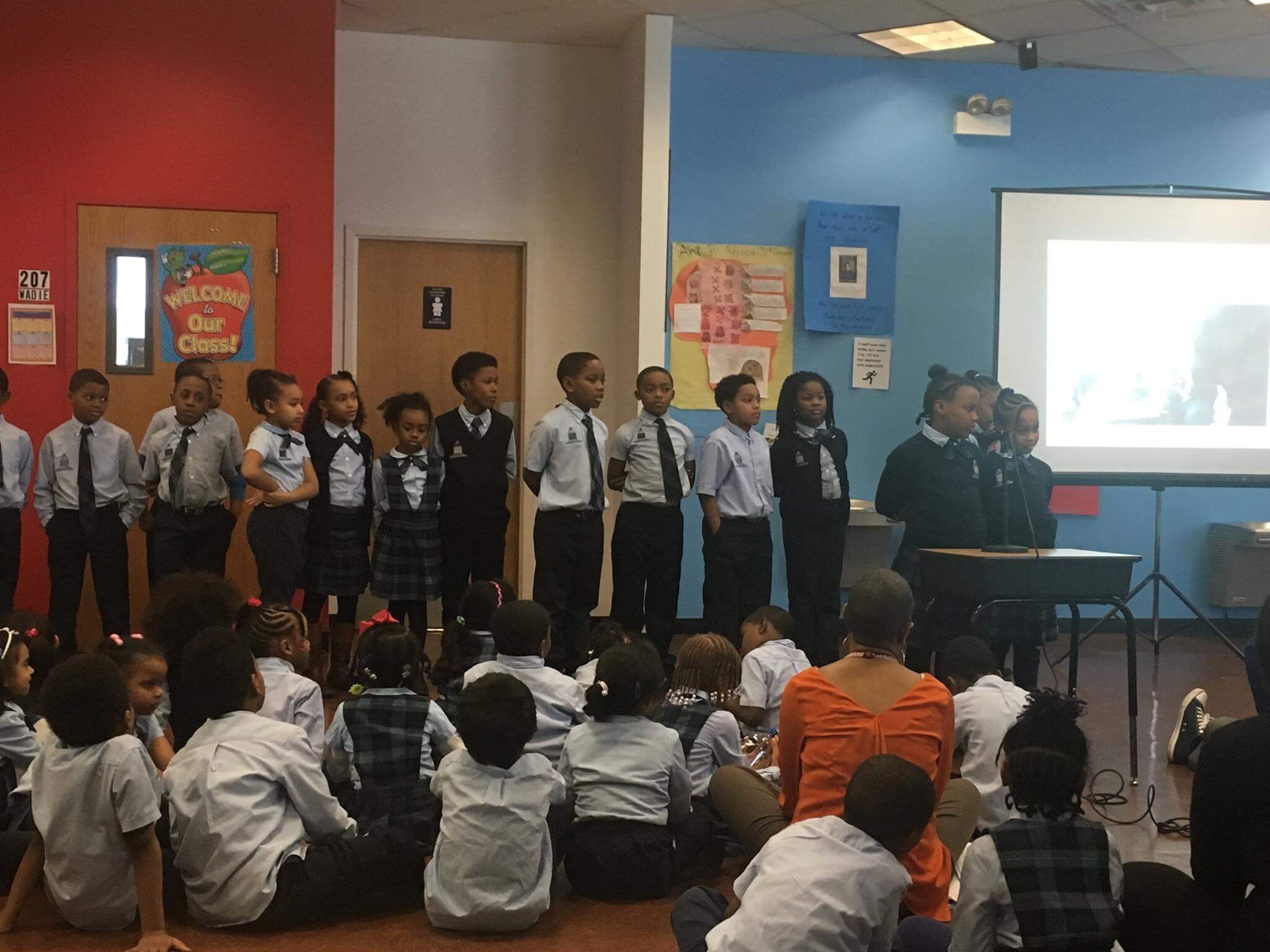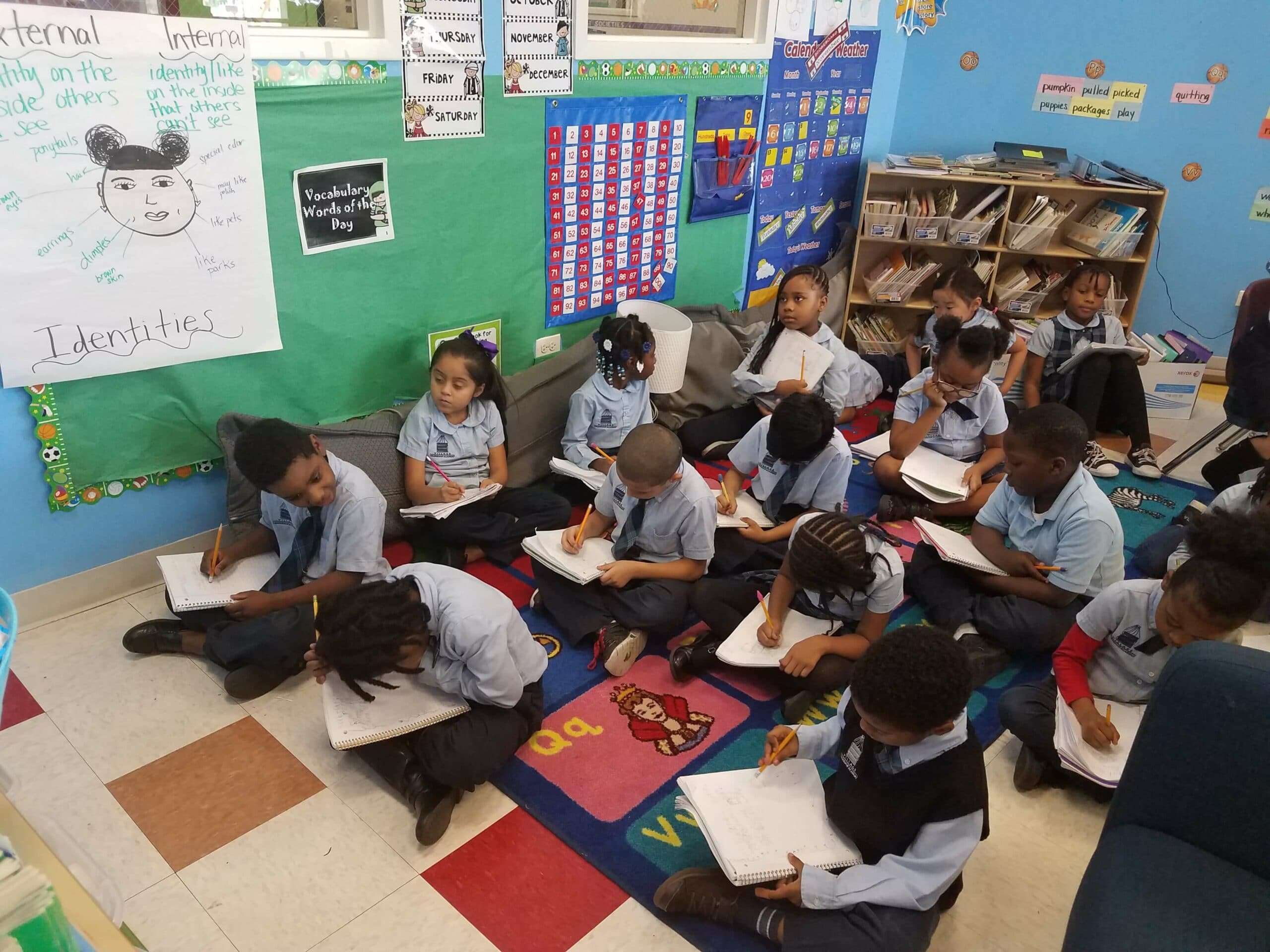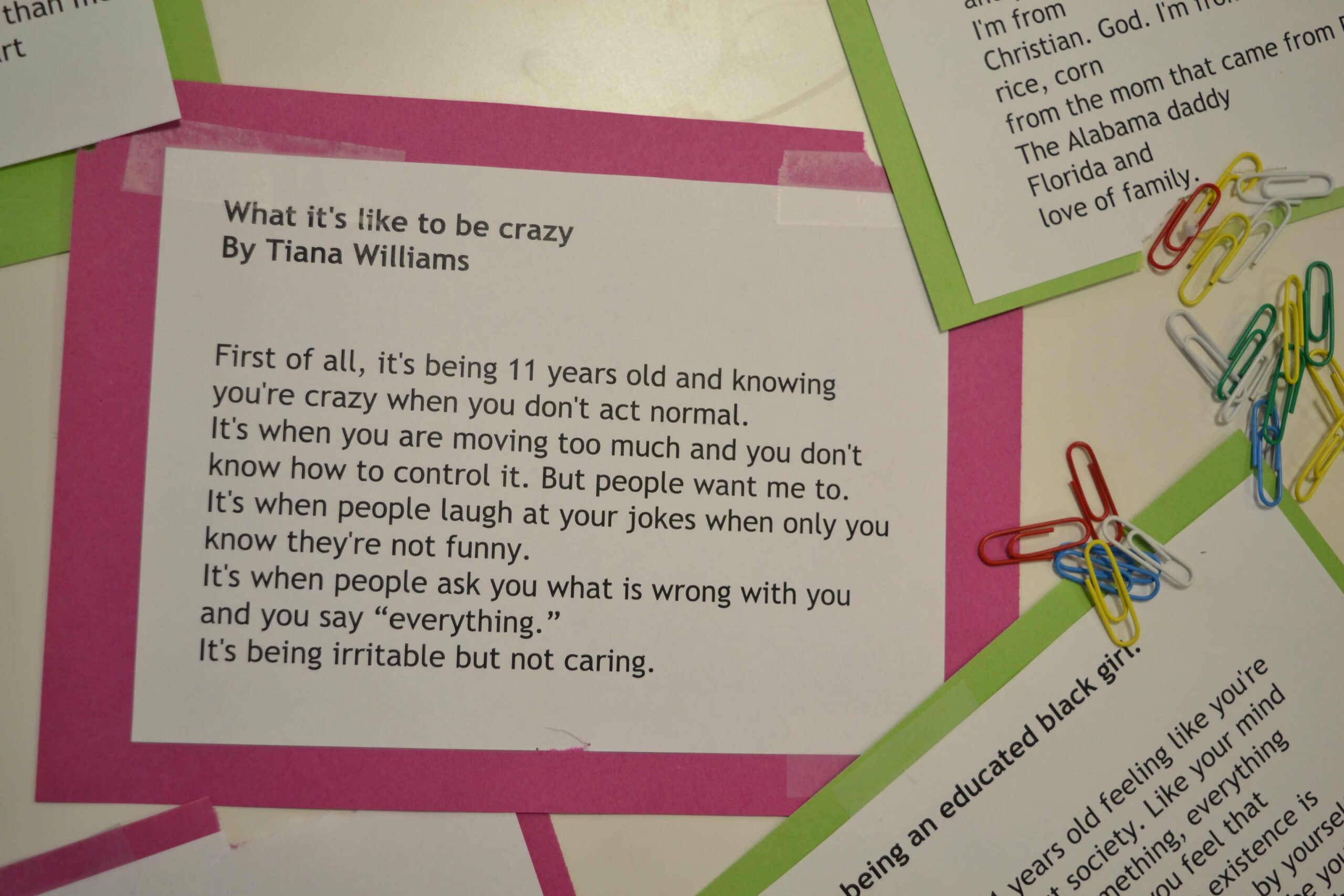Blog
The Freedom to Teach
By: VLA Teacher, Danielle Davinroy
I feel that such scripted curriculums follow a “one size fits all” instructional approach – a fallacy that I feel appears too often in the education world. Before VLA, I learned about and experienced the negative consequences this type of instruction can have on students by denying them a voice and sense of individuality in the classroom.
When I discovered that I would be responsible for designing my own science curriculum at VLA, I knew that although overwhelming, I had just been granted the opportunity to break through institutional barriers in education to give students the sense of agency in the classroom they deserve.
I have already begun capitalizing on this newfound freedom by teaching my students topics that are relevant and meaningful to them and to society as a whole. For instance, grades K-3 are currently taking collective strides towards conserving and sustaining Earth. Kindergartners have ownership of the school-wide recycling initiative.
They have been studying the origin of recyclable materials and how to identify recyclable materials. They are also responsible for collecting recycling on a weekly basis. Meanwhile, first graders have been graphing Chicago’s daily air quality and have conducted investigations to understand the differences between ozone pollution and particle pollution. Second graders are focusing their attention on water pollution and are currently taking on the role of “water filter engineers”.
They have budgeted for, designed, and are about to begin testing water filters in their engineering teams. Later, they will dive into discussions and demonstrations of watersheds, runoff, and their effect on the environment. Third grade is currently learning about the impact humans have had on Earth’s climate over the last hundred years by modeling the greenhouse effect and calculating their carbon footprints.
While I am still utilizing Next Generation Science Standards in terms of planning essential questions and big ideas, students are learning at their own paces and are being given the opportunity to have their individual and collective voices heard about real-world issues.
Although I will face challenges with this new autonomy in terms of curriculum and lesson planning, watching my students engage with and become empowered by the content thus far has made me extremely excited for what the future holds.
Enroll Now
Discover a partner in the future of your child. Enroll your scholar for the 2021-2022 school year today!
